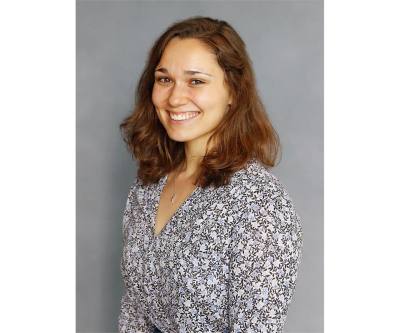According to data from the 2018 American Community Survey 5-Year Estimates, Hutto has 1,096 residents aged 65 and older, encompassing approximately 4.6% of its in-city population. Paul Martin, a Hutto resident, spoke before council at its Jan. 16 meeting and said that ahead of his 65th birthday later this year, he sees a homestead exemption as an essential protection for the city's senior population.
"Senior citizens are very viable in the community," Martin said, adding they help fill part-time work, as well as giving back to the community through volunteer opportunities.
While cities can wait until an election to include a senior tax and homestead exemption proposal on the ballot, City Attorney Bill Bingham outlined three options for council to vote on and enact prior to its May election.
The first is an exemption for residents age 65 and older based on the taxable value of their homestead, or the place they own and live in. Bingham said this version would reduce the tax value by at least $3,000, as well as adding a capped maximum. For this proposal, Bingham said council has until Aug. 15 to greenlight this decision and inform tax collectors and the city's financial staff of these changes.
The second option is a freeze, or set ceiling, on the amount in taxes residents pay once they hit 65. If a resident turns 65 and has a homestead, the ordinance would freeze the amount of taxes they pay. This version is only applicable to the city's maintenance and operations portion of its tax rate and does not apply to its interest and sinking rate.
The final option considered by council is a residential tax exemption, which would not only apply to residents 65 and older. The boundaries of this exemption would set a floor rate of a $5,000 exemption, with no more than a 20% taxable value exemption allowed. For the residential homestead, two different exemption rates can be applied to distinguish between senior residents and those under 65.
As part of council's revisit to the agenda item in February, city staff will provide data for each proposal and its financial effects on both senior residents and the city's budget. Once enacted, the approved exemption would not go into effect until fiscal year 2020-21's tax rate and budget.
“Anything you can do on this is going to be greatly appreciated and helpful," Martin said.





